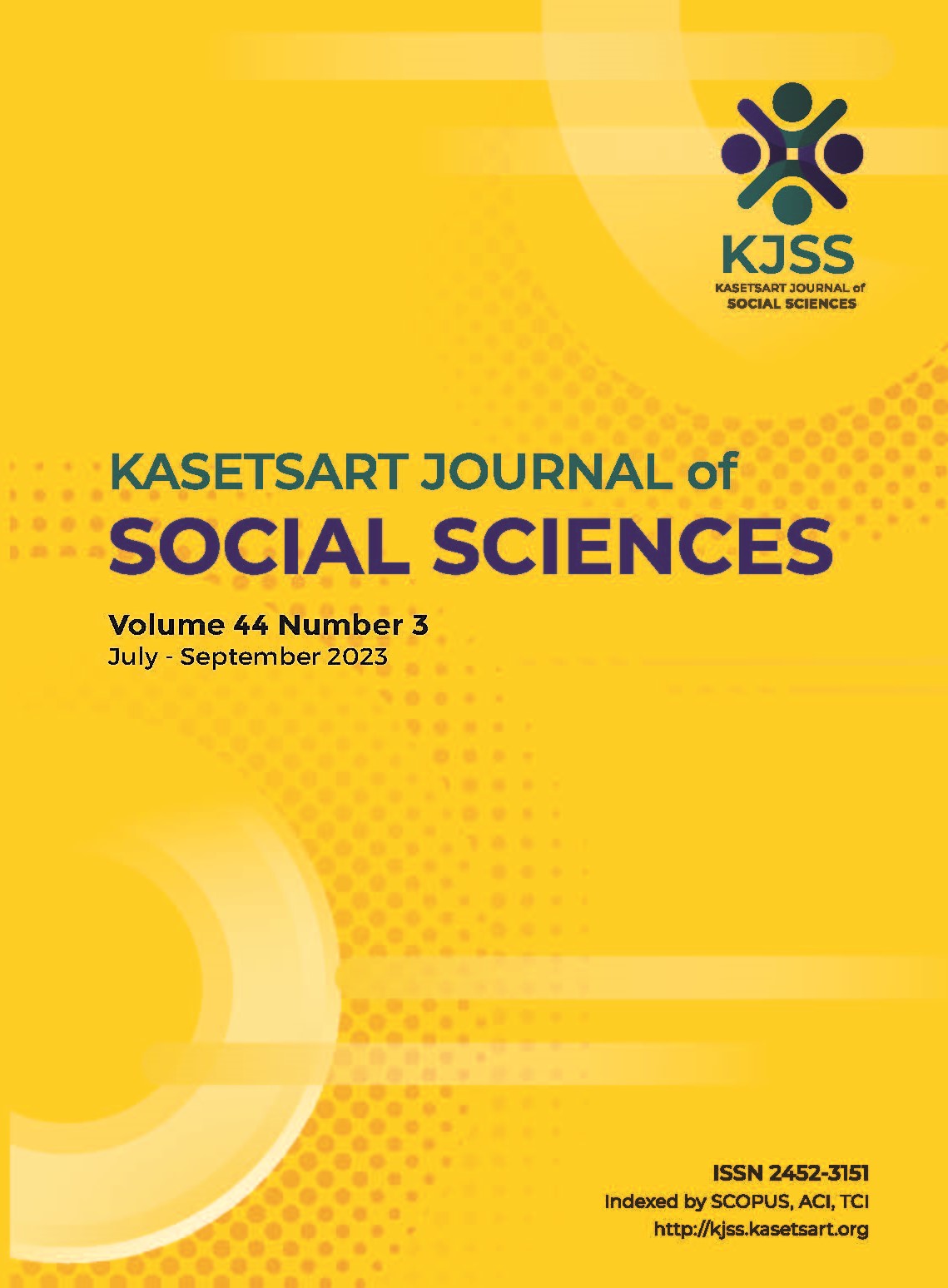Development of a music activities model to enhance brain development in children from birth to three years; Case study in Thailand
Keywords:
brain development, early childhood, music activities model, music educationAbstract
The first three years of a child’s life are important for brain development, and music can play a significant role in enhancing such development. This research aims to devise a method of teaching music to children from birth-to-three-years old, which is designed to enhance brain development. In this qualitative research, classroom observation was carried out in three music classes. It was found that the classes comprised the most of listening activities, followed by movement and singing and playing activities. In addition, semi-structured interviews were conducted to explore four teachers’ opinions on the role of music in brain development. All the participants reported a correlation between the two factors, attributing their responses to the observed student responses to the instructional activities managed in collaboration with the parents and the parental feedback. Also, an analysis of the effects of the music activities on brain development was performed by three experts. All concurred that most of the music activities had a direct impact on the students’ memory and an indirect impact on their emotional development. Finally, a focus group discussion was held in which seven experts, including doctors, neuroscientists, and music professors, validated the conceptual framework guiding the present study and provided advice on the design of the lesson plan and specific activities. This data collection was used to gain more understanding of the relationship between music and the development of the brain functions of memory, language, thinking and emotion. The best practice music activities model that aims to enhance brain development in young children should comprise three stages: (1) Motivation: stage of attracting children to music activities; (2) music engagement & enjoyment: stage of using music’s function to enhance brain development; and (3) reflection & feedback: stage of evaluation. These three stages can be achieved through cooperation between teachers and parents plus a knowledge of brain development and a systematic teaching plan.
Downloads
Published
How to Cite
Issue
Section
License

This work is licensed under a Creative Commons Attribution-NonCommercial-NoDerivatives 4.0 International License.
This is an open access article under the CC BY-NC-ND license http://creativecommons.org/licenses/by-nc-nd/4.0/










